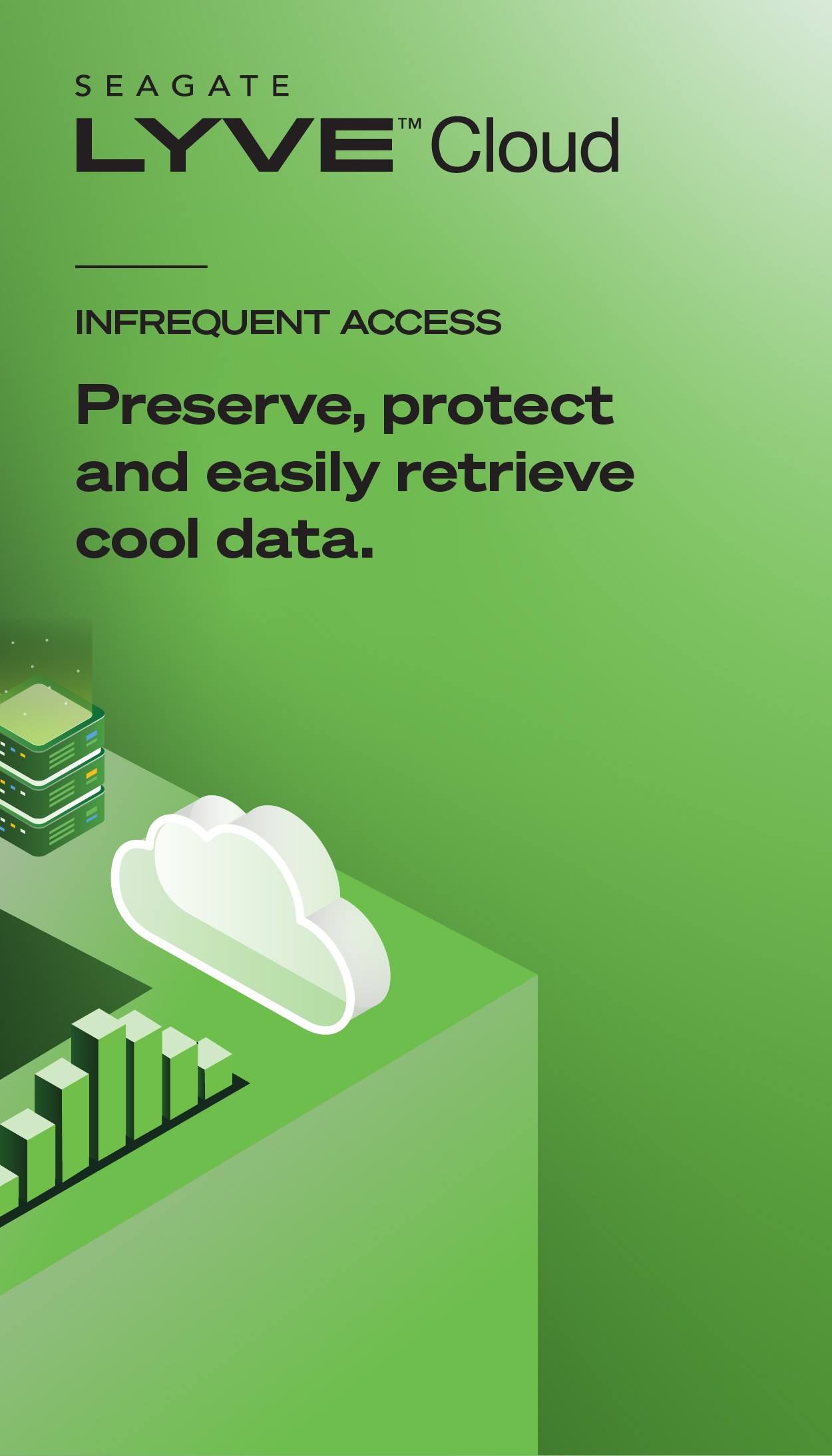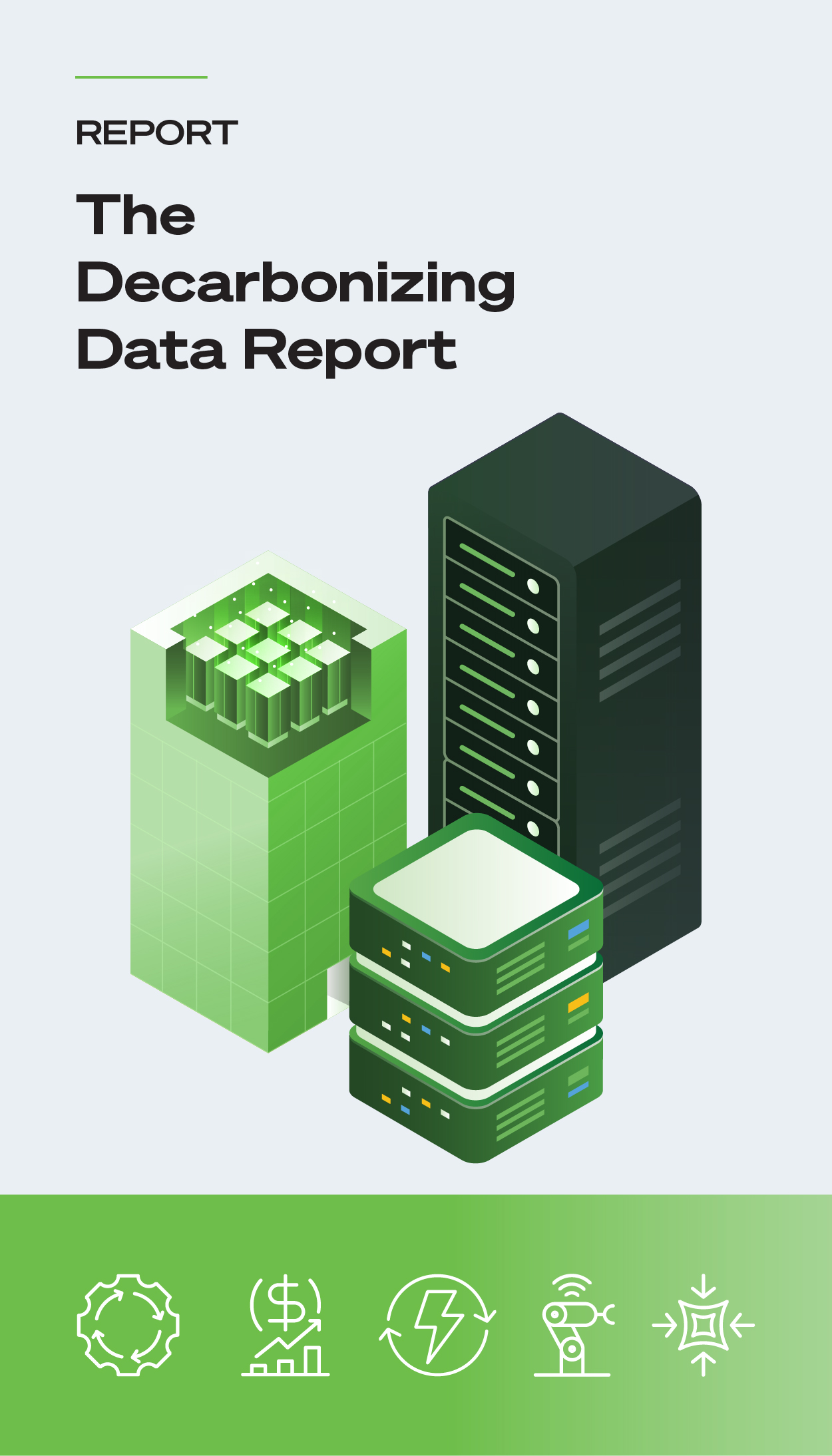In the early days of computers, it seemed to take forever for PCs to start up and load files, and then they lagged at crucial times. Today, solid-state drives (SSDs) have enabled faster, more efficient computing.
With SSDs, users experience fast speeds, great reliability, and enhanced system performance. Whether you’re a gamer aiming for lightning-fast load times, a professional requiring dependable data and file storage, or someone looking to enhance their computer’s overall performance, this guide will help you find the best SSD for your PC.
Solid-state drives (SSDs) and hard disk drives (HDDs) are essential components in the world of data storage, offering unique strengths. While HDDs have been, and continue to be, reliable workhorses of the storage industry by providing ample storage capacity at a low cost, SSDs offer different advantages thanks to their innovative design.
What Is a Solid-State Drive?
SSDs are non-volatile storage devices that utilize flash memory to store data. Unlike HDDs, which rely on spinning disks to read and write data, SSDs have no moving parts. Instead, they store data on electronic circuits. This key difference allows SSDs to access data faster than traditional hard drives. The absence of mechanical components also means SSDs are less prone to physical damage and operate silently, making them ideal for environments where speed, reliability, and noise reduction are critical.
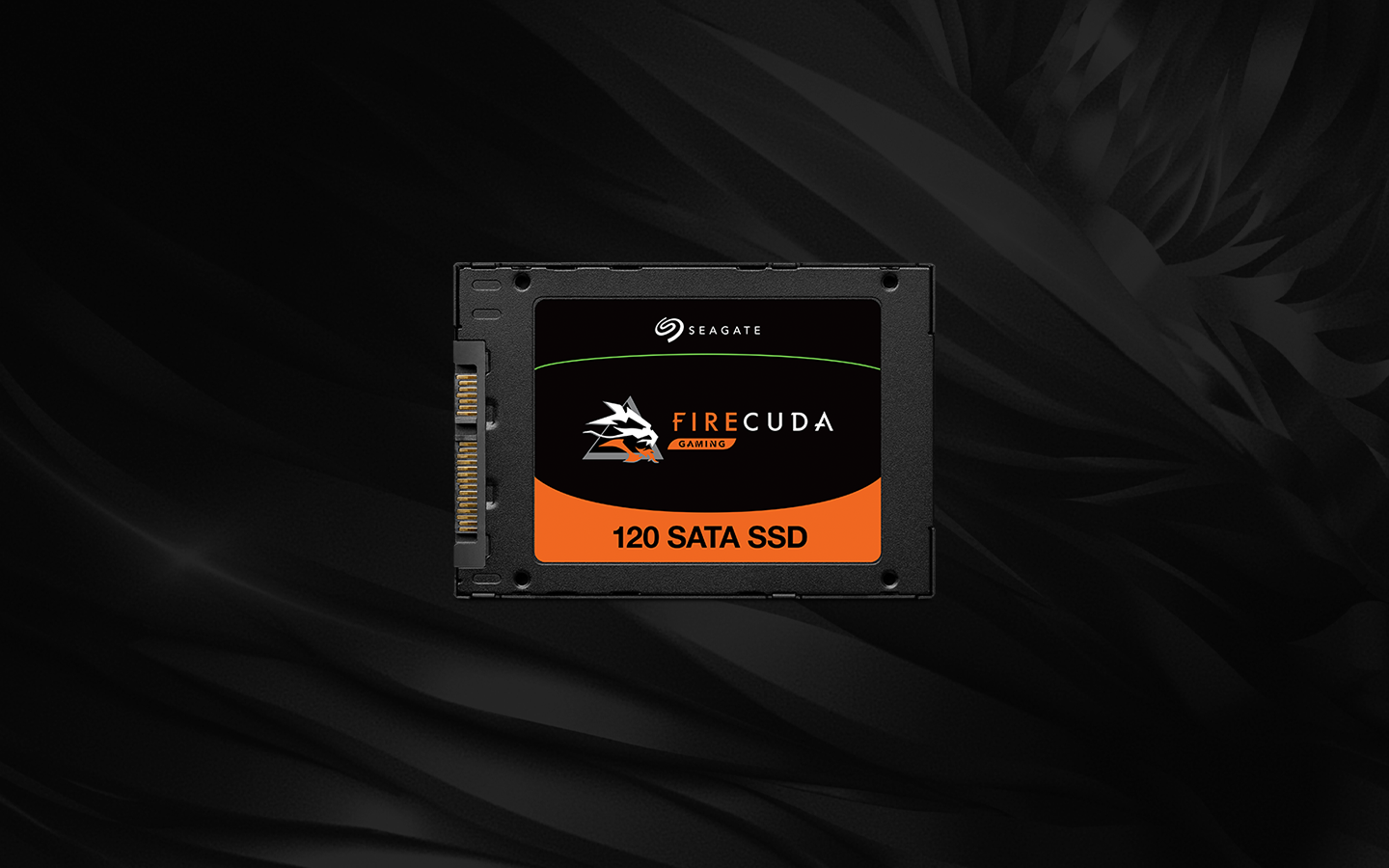
Internal SATA SSD
While hard drives continue to be an excellent choice for bulk storage and are particularly cost-effective for large volumes of data, SSDs are a good option for applications where performance and responsiveness are paramount. For instance, booting up your operating system, loading applications, and transferring files all happen very fast with an SSD.
Internal vs. External SSDs
Internal SSDs and external SSDs each have their own benefits and are suited to different use cases.
Internal SSDs
Internal SSDs store data using flash memory, accessing information electronically rather than mechanically, resulting in faster speeds and reliability. Unlike external SSDs, which connect via USB or other ports for portable storage, internal SSDs are installed directly on a computer's motherboard, providing faster data transfer rates and reduced latency due to direct integration with the system.
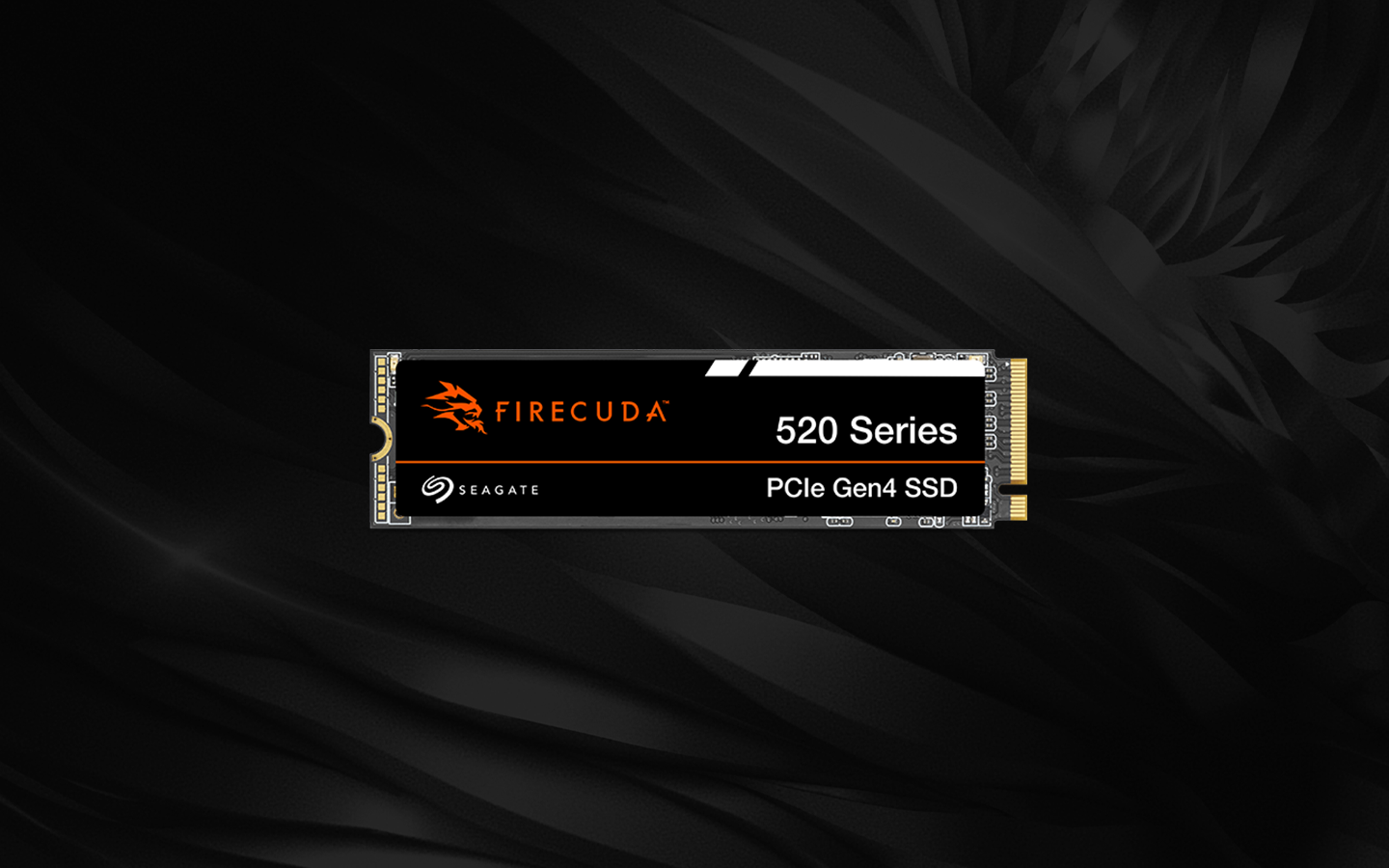
Internal PCIe SSD
Internal SSDs offer higher data transfer speeds by connecting directly to the motherboard via serial advanced technology attachment (SATA) or non-volatile memory express (NVMe) interfaces. They provide a streamlined, integrated solution and are less likely to be physically damaged or lost.
Internal SSDs are ideal for:
- Users who want the best performance for gaming, professional applications, and everyday computing.
- Those who want a permanent storage solution within their PC.
External SSDs
An external SSD is a portable solid-state drive that connects to a computer via USB, Thunderbolt, or other interfaces. Unlike internal SSDs, which need to be installed inside the computer, external SSDs are plug-and-play. They use flash memory for faster read and write speeds, making them perfect for quick file transfers, backups, and expanding storage without opening your computer.
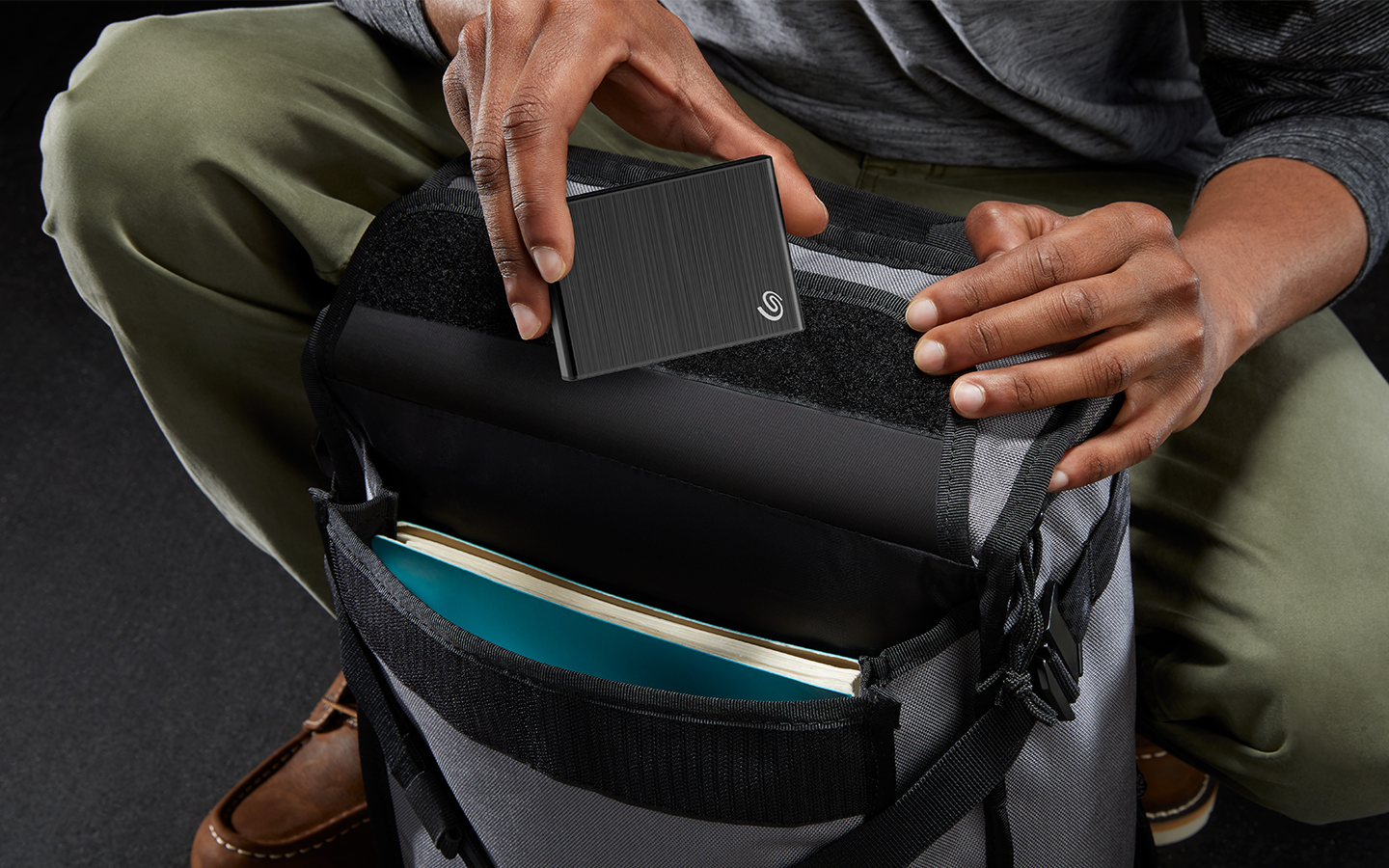
External SSD
External SSDs can be used with various devices, including desktops, laptops, gaming consoles, smart phones, and tablets, offering excellent versatility and portability.
External SSDs are ideal for:
- Frequent travelers: Compact and durable storage for travelers who want to carry important files on the go.
- Photographers and videographers: Fast data transfer speeds to quickly back up and access high-resolution media files on the go.
- Students and professionals: Reliable and portable storage for presentations, projects, documents, and other important files.
- Gaming enthusiasts: Expandable storage for gaming consoles, providing quick and easy access to game libraries wherever you need them.
- Remote workers: Convenient and secure storage for work files and backups, making it easy to access and transport data to different locations.
Benefits of SSDs for PCs
Here are some reasons why you should consider equipping your PC with an SSD:
Improved Performance
SSDs drastically reduce boot times, speed up application load times, and enable quicker file transfers, enhancing overall system performance.
Noiseless Operation
Without moving parts, SSDs operate silently, providing a quiet computing environment.
Versatility
SSDs can be used across multiple devices, including desktops, laptops, gaming consoles, and media players, providing flexible storage solutions.
Backup and Recovery
External SSDs are excellent for backing up important data and quickly recovering it in case of system failures, ensuring data safety and accessibility.
Key Factors to Consider When Choosing the Best SSD
When searching for the best SSD for your PC, keep the following in mind:
Identify Your Use Case
When choosing an SSD, identify your primary use case to ensure you get the best performance and value for your needs. For example:
- Gaming: Look for SSDs with high read/write speeds to reduce game load times and improve overall gaming performance.
- Professional Applications: For tasks like video editing, 3D rendering, or software development, opt for SSDs with larger capacities and faster data transfer rates to handle large files and complex tasks efficiently.
- General Use: If you need an SSD for everyday tasks such as web browsing, streaming, and basic office applications, a more budget-friendly option with moderate speeds and capacities will suffice.
- Portable Storage: For external SSDs, consider durability, portability, and fast transfer speeds, especially if you frequently transfer large files or need reliable backup storage on the go.
- Enterprise Use: In data centers or business environments, look for enterprise-grade SSDs, such as Seagate Enterprise SSDs that offer high endurance, reliability, and advanced features like encryption to ensure data integrity and security.
By matching the SSD to your specific requirements, you can enhance your computing experience and get the most out of your investment.
Speed and Performance
When selecting an SSD for your PC, the read and write speeds are essential considerations because they significantly affect the system’s overall performance, particularly when utilizing large files or demanding software. Here’s why:
- Faster Boot Times: High read speeds allow your operating system to load quickly, drastically reducing boot times and getting you up and running in seconds.
- Efficient Data Transfer: High write speeds enable rapid saving and transferring of large files, which is crucial for activities like video editing, 3D rendering, and large-scale data processing.
- Smoother Gaming Experience: For gamers, fast read speeds mean shorter load times and seamless transitions between game scenes, enhancing the overall gaming experience.
- Improved Productivity: Professionals using software that relies heavily on data access, such as database management or complex simulations, will benefit from high-speed SSDs, leading to quicker computations and more efficient workflows.
- Enhanced Multitasking: SSDs with high read and write speeds can handle multiple tasks simultaneously without slowdowns, making them ideal for users who run several applications at once.
By prioritizing SSDs with superior read and write speeds, you ensure that your PC can handle demanding tasks with ease, providing a smoother, more responsive user experience. This is particularly important for users who regularly work with large files or run intensive applications, as the speed of the SSD can be a significant performance bottleneck.
Capacity
Choosing the right storage capacity for your PC’s SSD is crucial to ensure it meets your specific needs. Here’s a detailed guide to help you make the right decision:
- Boot Drives (120GB to 256GB): If you need an SSD primarily for booting your operating system and running essential applications, a smaller capacity SSD in the range of 120GB to 256GB is sufficient. This size provides quick startup times and improves overall system responsiveness without breaking the bank.
- Everyday Use (256GB to 512GB): For general use, including web browsing, office applications, and moderate multimedia storage, an SSD with 256GB to 512GB of storage offers a good balance between cost and capacity. It provides enough space for your operating system, applications, and a reasonable amount of personal files.
- Professional Use (1TB+): Professionals who work with large files, such as photographers, videographers, and designers, should consider SSDs with at least 1TB of storage. This capacity ensures you have ample space for high-resolution images, video footage, and project files, along with fast access speeds to enhance productivity.
- Gaming (2TB+): Gamers who have extensive game libraries and frequently download large game updates will benefit from SSDs with 2TB of storage or more. This size allows for quick game load times, smoother game play, and the ability to store numerous games without worrying about running out of space.
- Extensive Libraries (3TB+): Users with extensive multimedia collections—music, movies, or large datasets—should look for SSD storage of 3TB or more. This guarantees you enough room to store all your information while taking advantage of the SSD’s speed and dependability.
- Enterprise and Data Centers: For enterprise environments and data centers, storage needs can be even more substantial, often requiring SSDs with capacities of 4TB or higher. These high-capacity SSDs support large-scale data storage and processing, ensuring fast access and reliable performance for critical applications.
By selecting an SSD with the appropriate storage capacity, you can optimize your system’s performance, have enough space for your needs, and avoid unnecessary expenses on unused storage. Whether you need a small boot drive or a large-capacity SSD for extensive data storage, choosing the right size is key to a smooth and efficient computing experience.
Reliability and Durability
When selecting an SSD for a PC, prioritize reliability and longevity to ensure your data remains safe and the drive performs well over time. Here’s what to consider:
- Wear Leveling: This feature distributes write and erase cycles evenly across the memory cells, preventing any single cell from wearing out prematurely. This extends the lifespan of the SSD and ensures consistent performance.
- Error Correction Code (ECC): ECC helps detect and correct data corruption, promoting data integrity. This is particularly important for maintaining SSD reliability, especially in demanding applications and environments.
- Endurance Ratings: Check the endurance rating, often measured in terabytes written (TBW) or drive writes per day (DWPD). Higher ratings indicate the SSD can handle more data writing over its lifetime, making it more durable.
- Reputation and Reviews: Choose SSDs from reputable brands known for quality and customer satisfaction. Look for reviews and testimonials to gauge real-world performance and reliability.
- Warranty: A longer warranty period often reflects the manufacturer’s confidence in the SSD’s durability. Look for SSDs with substantial warranties to secure long-term reliability.
Compatibility
Before buying an SSD, verify it’s compatible with your PC’s hardware by checking available slots and interfaces, such as SATA, M.2, or PCIe. Verify your motherboard supports the specific SSD type you choose, as mismatched interfaces can prevent installation or limit performance.
Additionally, confirm your PC’s basic input/output system (BIOS) and firmware are up to date to support the new SSD, allowing optimal functionality and avoiding potential issues. Proper compatibility means you get the maximum performance and benefits from your new SSD.
Price
Balancing your budget with performance and capacity needs is another factor to consider. SSDs come in a range of price points, allowing you to find options that suit different budgets.
Prioritize your primary requirements, such as speed for gaming, capacity for media storage, or durability for professional use. Opt for a mid-range SSD if you need a balance of cost and performance, or invest in a higher-end model for superior speed and reliability if your budget allows.
Carefully considering your needs and financial constraints ensures you get the best value and performance from your SSD investment.
Form Factor
Choose the right physical size and shape for your SSD, such as 2.5-inch, M.2, or PCIe. Ensure it fits your PC case and motherboard slots. The 2.5-inch SSDs are common in desktops and laptops, while M.2 and PCIe SSDs offer compact, high-speed options for modern motherboards. Compatibility ensures optimal performance.
SSD Form Factors Explained
Understanding the different SSD form factors is crucial for selecting the right SSD for your PC.
2.5-Inch SATA SSD
The 2.5-inch SATA SSD is the most common form factor and is compatible with most desktop and laptop computers. It connects via the SATA interface and offers a good balance of performance and affordability.
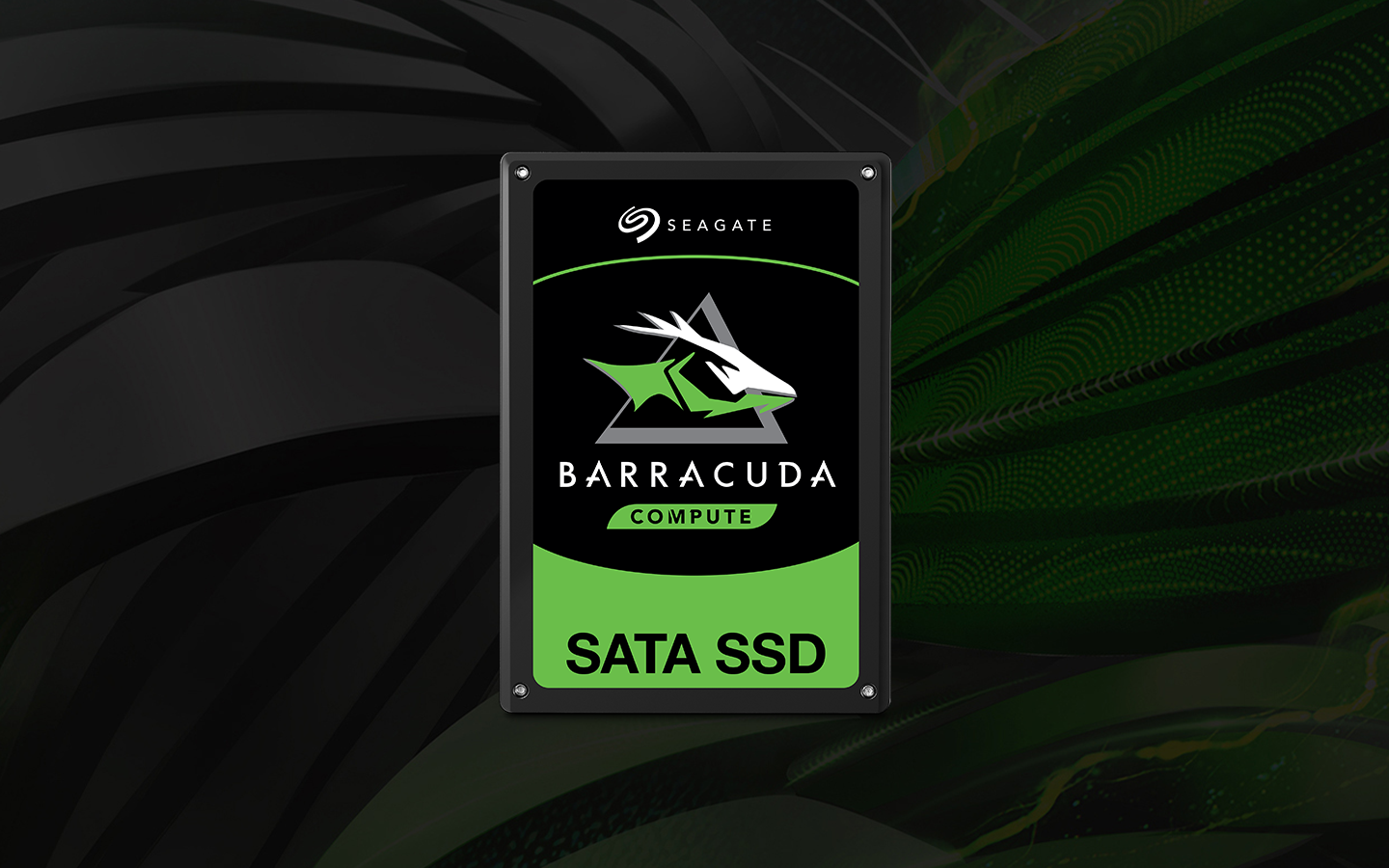
2.5-inch SATA SSD
M.2 SSD
M.2 SSDs are compact and designed for modern motherboards. They can use SATA or NVMe interfaces, with NVMe M.2 SSDs offering significantly higher speeds. Their small size makes them ideal for space-constrained systems like ultrabooks.

M.2 NVMe SSD
PCIe SSD
PCIe SSDs connect directly to the PCIe slot on the motherboard, providing faster data transfer rates than SATA SSDs. They are suitable for high-performance applications that require rapid data access.

PCIe SSD
NVMe SSD
NVMe SSDs use the PCIe interface and offer superior performance compared to SATA SSDs. They’re ideal for gaming, professional workstations, and other performance-intensive tasks.
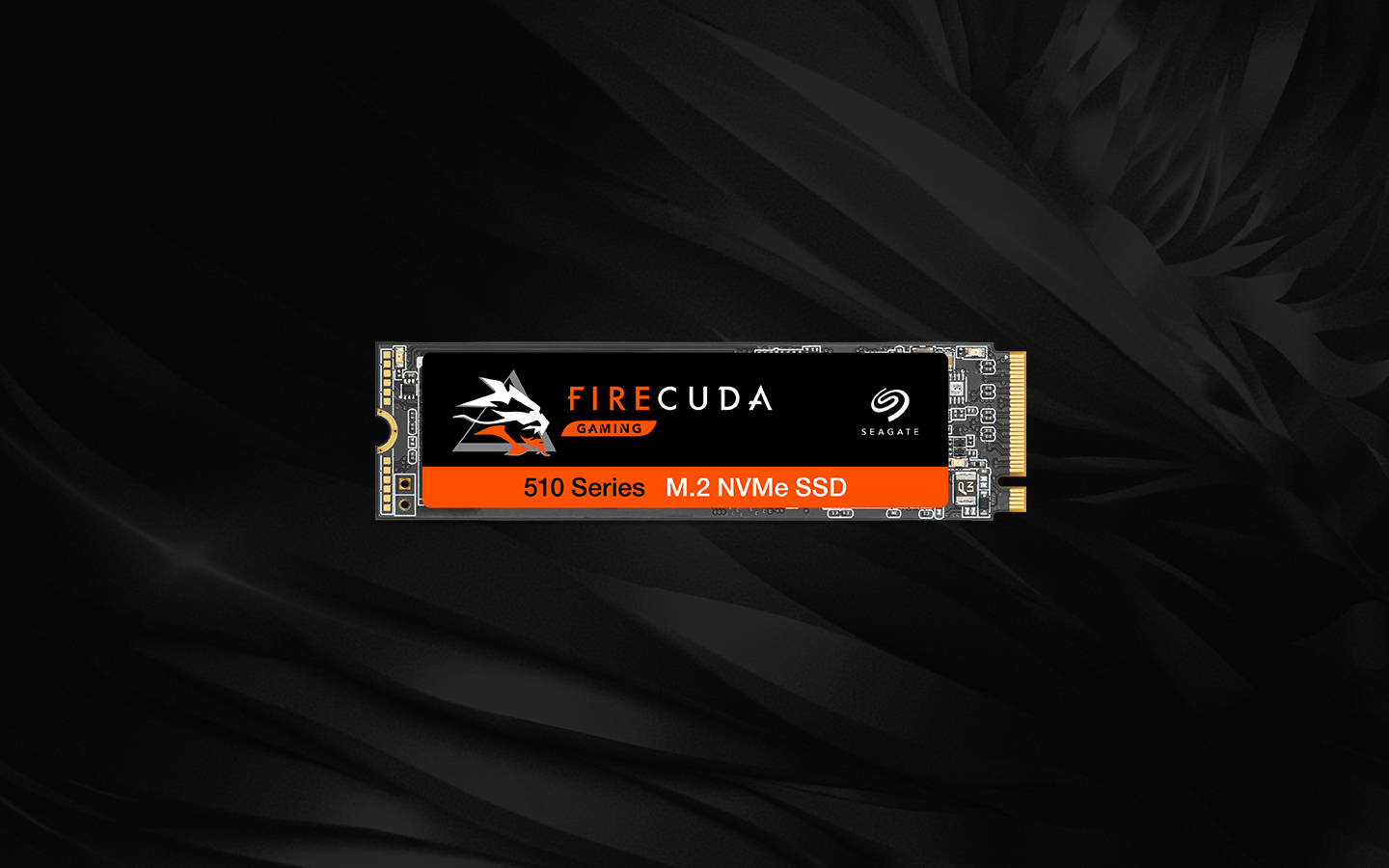
Internal NVMe SSD
U.2 SSD
U.2 SSDs are less common but offer high performance and large storage capacities. They connect via the U.2 interface and are typically used in enterprise environments and high-end desktops.
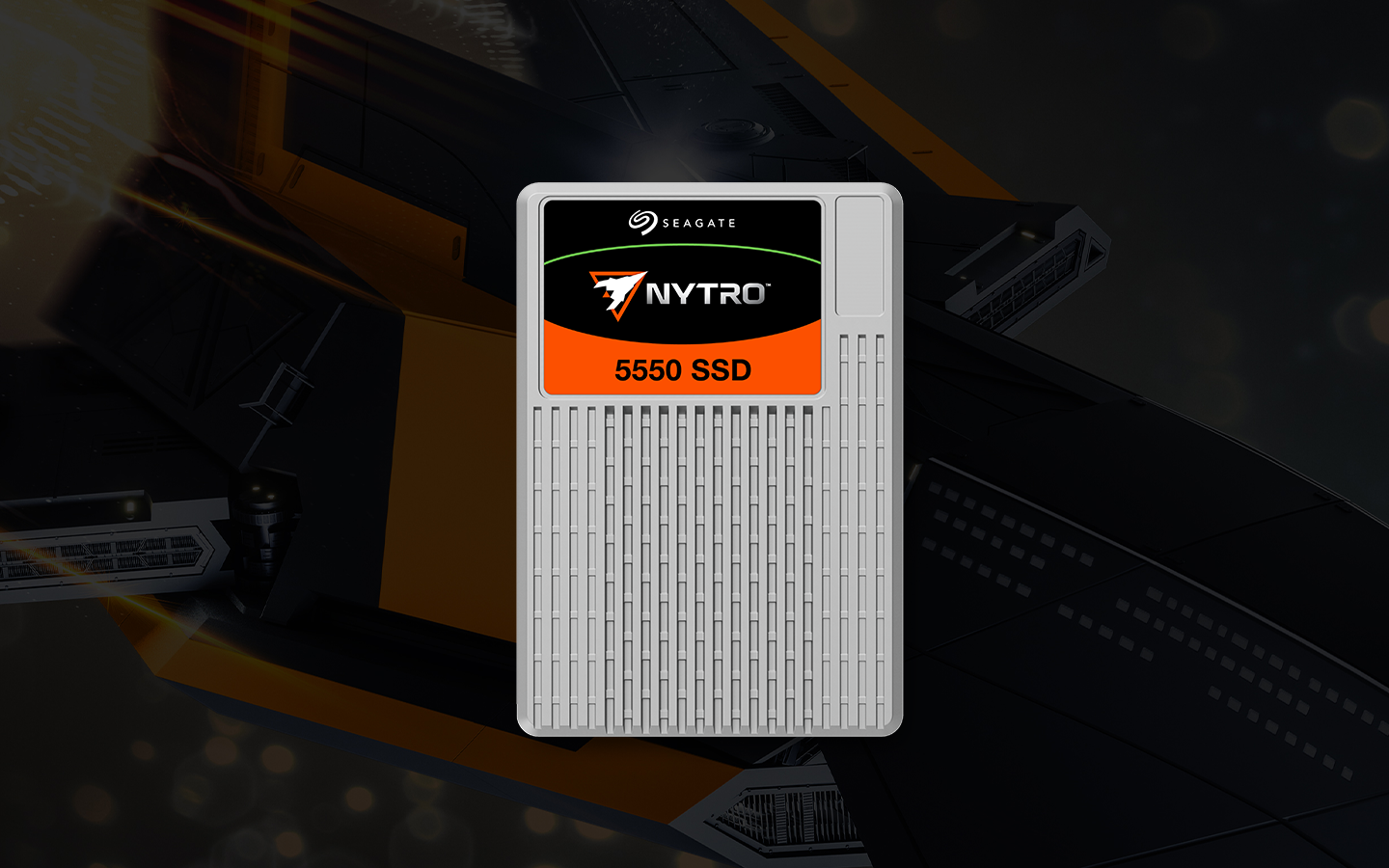
Seagate Nytro U.2 SSD
Choosing the Best PC SSD
Seagate champions the coexistence of SSDs and hard drives across different applications, offering the right technology to meet diverse customer needs. Here are some of the best SSDs that Seagate offers:
FireCuda Gaming SSD for a Better Gaming Experience
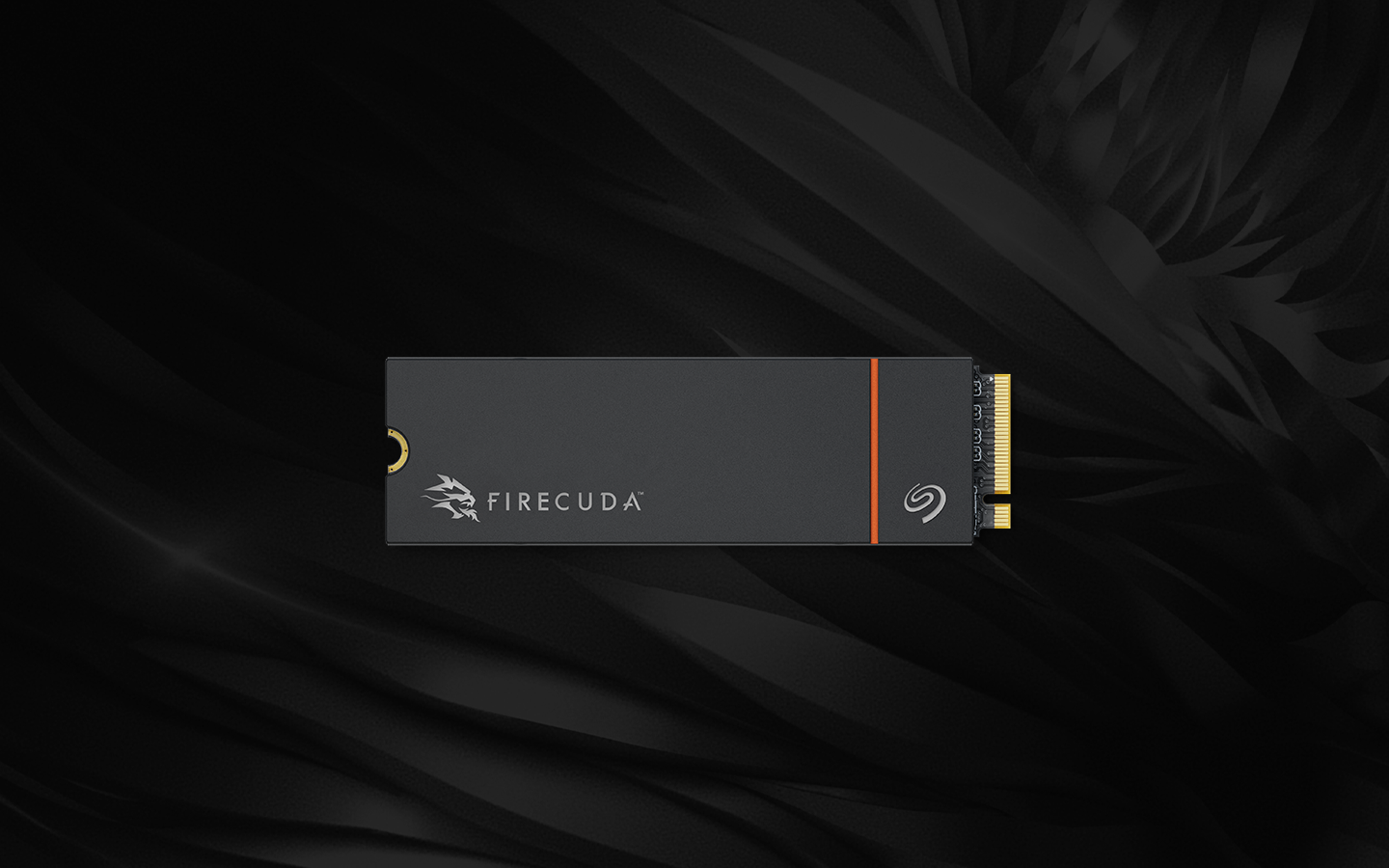
FireCuda Gaming SSD
The FireCuda® Gaming SSD is designed for high-performance gaming and offers impressive speed and capacity options to create a good gaming experience.
Best Fit For
The FireCuda Gaming SSD is perfect for hardcore gamers, streamers, and game developers who demand top-tier performance, fast load times, and high-speed data transfers. It's also ideal for those who need a reliable, portable storage solution to take their game library on the go and use it with multiple systems.
Where to Buy
To purchase the FireCuda Gaming SSD, visit the FireCuda Gaming SSD product page or authorized retailers.
Barracuda PCIe SSD
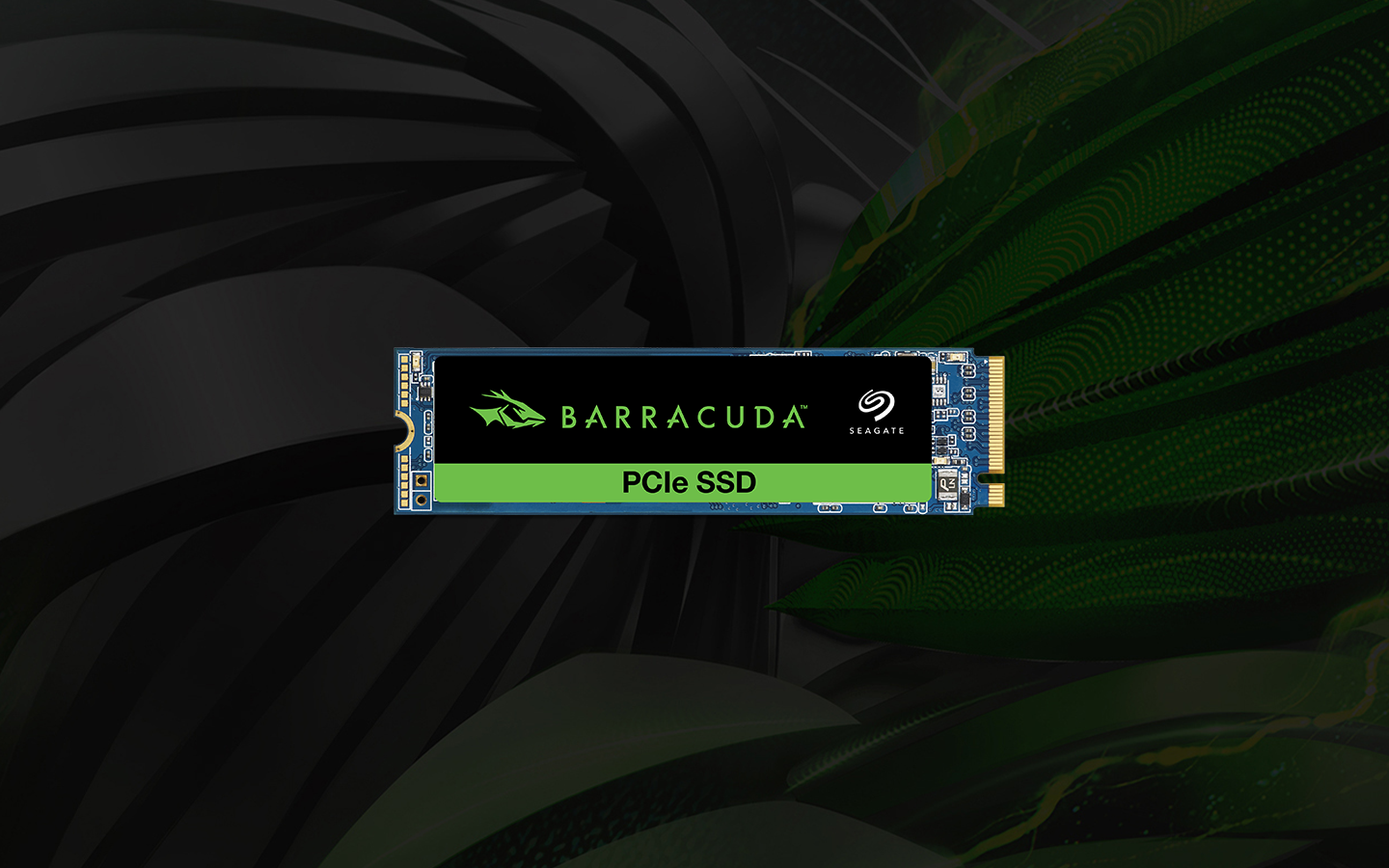
BarraCuda PCIe SSD
The Barracuda® PCIe SSD offers robust performance and ample storage capacity, making it an excellent choice for various applications.
Best Fit For
The Barracuda PCIe SSD is ideal for home users seeking faster boot times, content creators needing quick access to large files, gamers looking for reduced load times, and professionals requiring reliable, high-speed storage for data-intensive tasks.
Where to Buy
To purchase the Barracuda PCIe SSD, visit the Seagate product page or authorized retailers.
One Touch External SSD for Great Personal Storage
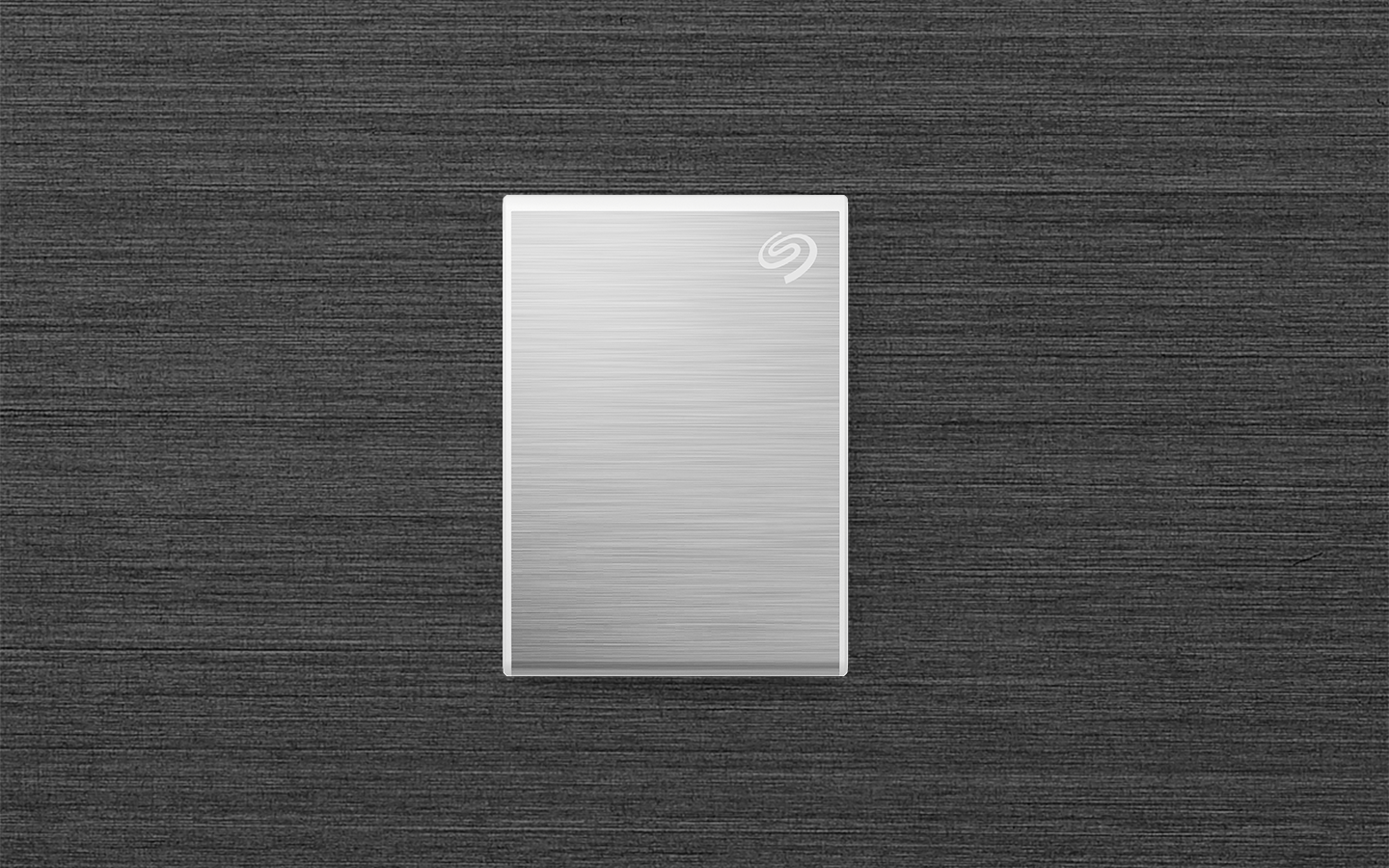
One Touch External SSD
The One Touch External SSD combines high performance with portability, making it a versatile storage solution.
Best Fit For
The One Touch External SSD is perfect for individuals needing a portable and reliable storage solution. It’s ideal for students, professionals, and anyone who frequently transfers large files between devices or needs additional storage for personal data.
Where to Buy
To purchase the One Touch External SSD, visit the Seagate product page or authorized retailers.
Expansion External SSD to Stay in Budget

Expansion External SSD
The Expansion External SSD provides a budget-friendly option for those needing extra storage without compromising performance.
Best Fit For
The Expansion External SSD is ideal for budget-conscious users who need extra storage for essential files, backups, or media libraries. It’s perfect for students, casual users, and anyone looking for an affordable yet efficient storage solution.
Where to Buy
To purchase the Expansion External SSD, visit the Seagate product page or authorized retailers.
How to Install an SSD in a PC
Steps to Install a SATA SSD in a PC
- Turn Off and Unplug Your PC: Ensure your PC is completely powered off and unplugged from the power source.
- Open Your PC Case: Use a Phillips head screwdriver to remove the screws securing the side panel of your PC case. Slide the panel off to access the internal components.
- Locate the SATA Ports: Find an available SATA port on your motherboard and a SATA power connector from your power supply.
- Mount the SSD: Depending on your case, mount the SSD in a 2.5-inch drive bay using screws or a tool-less mounting system. Some cases may require an adapter bracket if the SSD bay is designed for larger drives.
- Connect the SATA Data Cable: Attach one end of the SATA data cable to the SSD and the other end to an available SATA port on the motherboard.
- Connect the SATA Power Cable: Plug the SATA power cable from your power supply into the SSD.
- Reassemble Your PC: Replace the side panel and secure it with screws. Reconnect your PC to the power source.
- Power On and Format the SSD: Turn on your PC. If the SSD is new, you’ll need to format it. Open Disk Management (Windows) or Disk Utility (macOS), locate the new SSD and follow the prompts to format and initialize the drive.
Steps to Install an NVMe SSD in a PC:
- Turn Off and Unplug Your PC: Ensure your PC is completely powered off and unplugged from the power source.
- Open Your PC Case: Use a Phillips-head screwdriver to remove the screws securing the side panel of your PC case. Slide the panel off to access the internal components.
- Locate the M.2 Slot: Identify an available M.2 slot on your motherboard. It is usually located near the PCIe slots and labeled as M.2.
- Prepare the SSD: If your motherboard has a mounting screw pre-installed, remove it and set it aside. Align the notch on the SSD with the key in the M.2 slot.
- Insert the SSD: Insert the SSD into the M.2 slot at a 30-degree angle. Gently push it down until it is parallel to the motherboard.
- Secure the SSD: Use the previously removed mounting screw to secure the SSD to the motherboard.
- Reassemble Your PC: Replace the side panel and secure it with screws. Reconnect your PC to the power source.
- Power On and Format the SSD: Turn on your PC. If the SSD is new, you’ll need to format it. Open Disk Management (Windows) or Disk Utility (macOS), locate the new SSD and follow the prompts to format and initialize it.
Explore Best PC SSDs from Seagate
Choosing the right SSD for your PC can transform your computing experience, whether you’re a gamer seeking faster load times, a professional needing reliable storage, or someone looking to enhance their personal storage solutions. Seagate offers a variety of SSD options tailored to meet different needs and budgets, ensuring that you get the best performance and reliability for your requirements.







